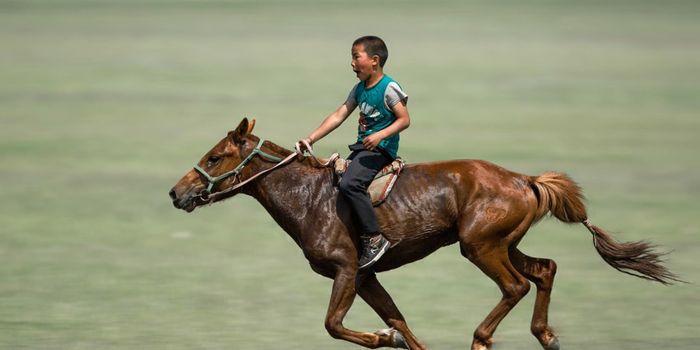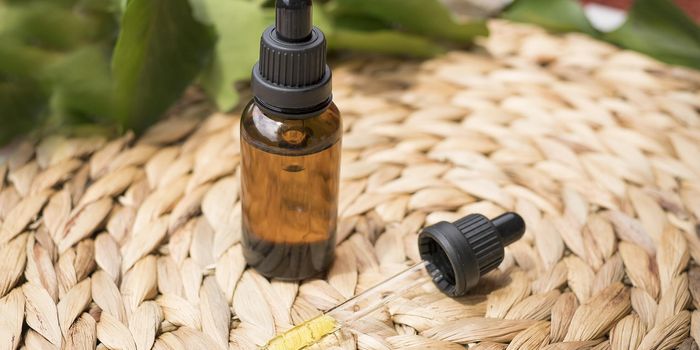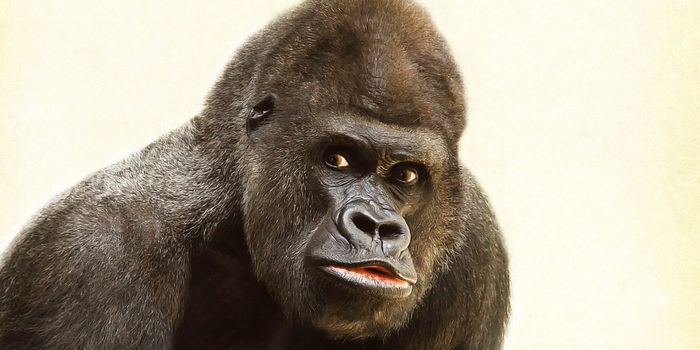Are Parrots Smarter Than 5-Year-Old Human Children?
Scientists have been trying to gauge the intelligence of various animals compared to that of humans for eons, but doing so is more convoluted of a task than it may seem at first glance. Given the apparent scientific interest in this department, it should come as no surprise that a team of researchers from Harvard University recently probed the cognitive capacity of parrots.
Their findings, which have been published online in the journal Behaviour, denote that some parrots could be almost as cognitively-capable as a five-year-old human being. But how did they reach this conclusion, and just how accurate was this assessment? Both are valid questions…
Image Credit: Pixabay
The researchers presented a parrot test subject with a traditional cognitive assessment known as the two-cup test; this involved hiding an object of interest underneath one of two cups and then revealing the contents of the empty cup to the animal. If the animal responded by searching the other cup, then it would be clear that they understood a principle called ‘inference by exclusion.’
"This is really about logic," elucidated cognitive psychologist Irene Pepperberg from Harvard University. "In the wild, nonhumans must make these kinds of choices when they decide on things like, 'Where should I forage? I saw other creatures eating food in this area. … If there's nothing right here, I should deduce that something is nearby.'"
Related: Bigger birds dominate food sources, study confirms
As researchers would understand it, this two-cup quiz can be useful in identifying an animal’s ability to infer logic based upon obvious clues. Animals make comparable decisions in the wild every day, but some researchers argue that this test isn’t sophisticated enough to accurately measure an animal’s level of intelligence. That said, the team decided to crank up the heat.
"We also argue that this two-cup task, which has been the gold standard, only tells you about a certain level of ability. If you really want to study inference by exclusion, you have to go to the more complicated three- and four-cup tasks," Pepperberg added.
After increasing the cup count to four, the researchers separated them into two pairs and hid an object of interest under one cup in each pair. Afterward, they revealed the contents of an empty cup from one of the pairs, but not the other.
The researchers expected the bird to find the object of interest in the first pair with ease since it was provided with a clue, but they expected the bird to react to the second pair with uncertainty since no clue was provided. If this happened, then it’d indicate that the animal understood there was a 50% chance of guessing correctly and provide insight into its cognitive abilities.
"Basically, we forced him to gamble," Pepperberg said. "A good-enough percentage of the time, he gambled. But what was interesting was that if he lost, he wouldn't gamble on the next trial."
Related: Bird beaks aren't influenced by feeding behavior, researchers claim
Humans get better at understanding the logic behind this test with age. Infants as young as 17 months old can pass the two-cup test, but young children younger than 2.5 years old often struggle with the types of logic introduced by the four-cup test. Astonishingly, the parrot appeared to comprehend the test’s logic and performed on-par with that of a five-year-old human child when making cup selections in the latter test.
As it would seem from the results, birds might be a bit smarter than we give them credit for. On the other hand, the testing methods and test subject pool were somewhat limited, which underscores the importance of more research if we're to shed more light on the cognitive abilities of these beautiful animals.
Source: Harvard University, Behaviour









